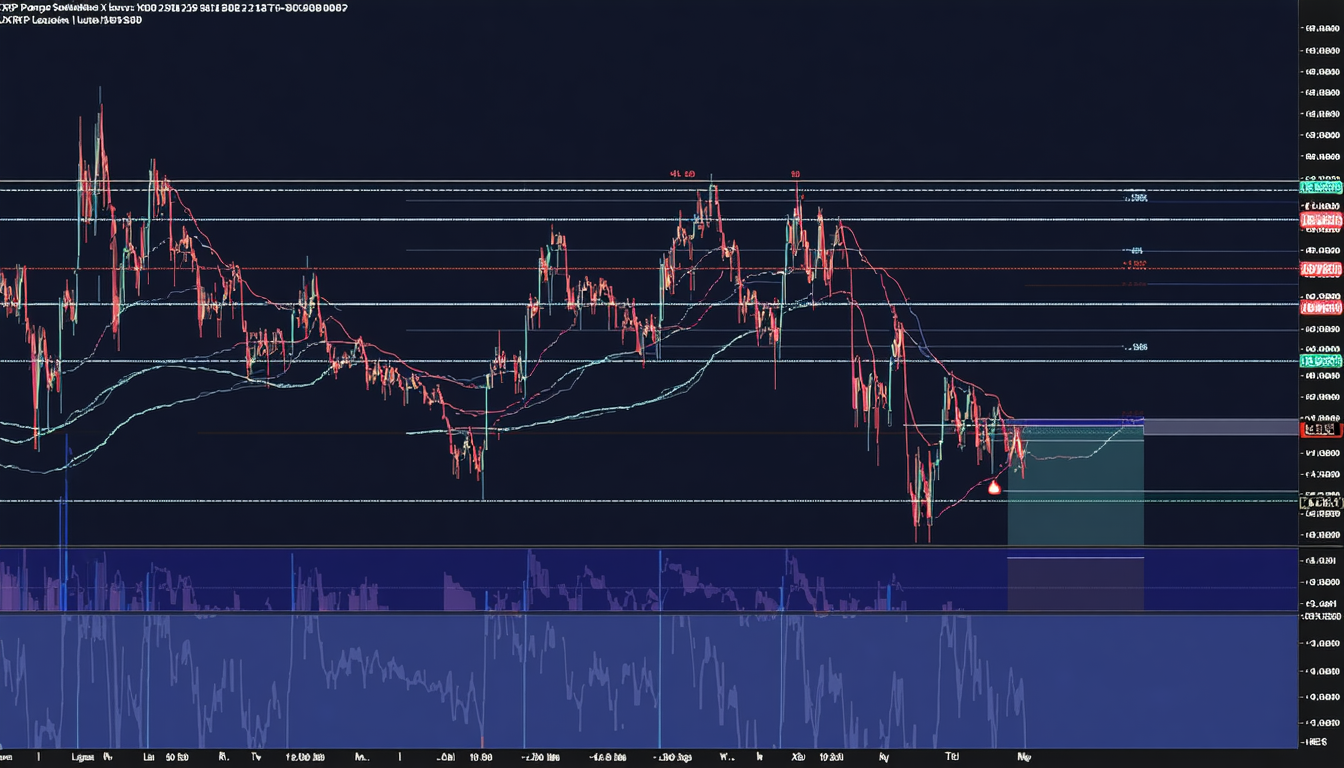The United States is witnessing renewed interest and debate around the concept of “cours gst”—a term referencing Goods and Services Tax (GST) courses—as policymakers, businesses, and professionals grapple with evolving tax regulations in 2025. As new legislative proposals surface and global trade dynamics shift, stakeholders across the country are seeking clarity on GST frameworks, compliance strategies, and their broader economic implications.
Surge in Demand for Cours GST Amid Regulatory Changes
A significant uptick in enrollment for cours gst has been observed nationwide this year. This trend follows a series of high-profile discussions within Congress regarding potential reforms to federal sales tax structures. While the U.S. does not currently implement a national GST like those found in Canada or India, several states have begun exploring harmonized sales tax models to streamline revenue collection.
According to industry experts, this environment has created an urgent need for specialized training among accountants, finance professionals, and business owners. “We’re seeing record numbers of participants signing up for advanced GST courses,” says Jennifer Lee, director at a leading financial education institute. “Companies want their teams prepared should any sweeping changes occur.”
Online platforms such as CAclubindia report that certification programs related to cours gst have doubled their registrations compared to last year. These programs cover topics ranging from foundational principles of indirect taxation to advanced compliance analytics using AI tools.
The Role of Cours GST in Business Compliance
As businesses brace for possible regulatory shifts at both state and federal levels, understanding the nuances of goods-and-services taxation is becoming critical.
- Many companies are investing heavily in staff training through structured cours gst modules.
- Small-to-medium enterprises (SMEs) are particularly focused on mastering digital reporting requirements.
- Larger corporations are leveraging these courses to audit internal processes ahead of anticipated policy updates.
“Taxation is no longer just about filing returns—it’s about proactive risk management,” notes Michael Grant, senior partner at a top U.S.-based accounting firm. He adds that firms completing comprehensive cours gst training demonstrate higher rates of successful audits and fewer penalties during regulatory reviews.
Recent data shows that over 60% of surveyed CFOs plan to increase budget allocations toward ongoing tax education by Q4 2025—a clear sign that knowledge gaps remain a concern amid uncertainty over future legislation.
Economic Impact: Opportunities and Challenges
The growing emphasis on cours gst reflects broader trends affecting American commerce:
- Global supply chain disruptions have prompted lawmakers to consider harmonized taxes as tools for stabilizing revenue streams.
- International trade partners increasingly require proof-of-compliance with standardized tax regimes before finalizing contracts.
- Digital transformation across industries means automated systems must be programmed according to up-to-date GST logic—necessitating skilled personnel trained via accredited cours gst offerings.
However, challenges persist:
- Not all regions have equal access to high-quality educational resources; rural businesses often lag behind urban counterparts.
- Some critics argue that focusing too much on hypothetical reforms could divert attention from current state-specific rules already impacting daily operations.
Despite these hurdles, many see opportunity ahead if reforms materialize or if cross-border commerce continues its upward trajectory post-pandemic recovery.
Future Outlook: What’s Next for Cours GST?
Looking forward into late 2025 and beyond:
- Policymakers may introduce pilot programs testing harmonized sales taxes modeled after international best practices.
- Professional organizations expect continued growth in demand for certified cours gst instructors capable of delivering hybrid learning experiences nationwide.
- Technology providers will likely expand partnerships with educational institutions offering specialized modules integrating AI-driven compliance solutions into standard curricula.
“There’s every indication we’re moving toward greater alignment between domestic practices and global standards,” observes Dr. Alan Rivera from the National Association of Tax Professionals (NATP). He emphasizes that staying informed through reputable cours gst channels will be essential as legislative landscapes evolve rapidly over coming quarters.
Meanwhile:
- Businesses should monitor official announcements closely while maintaining robust internal controls based on current law;
- Individuals seeking career advancement can benefit significantly from enrolling early in recognized cours gst certification tracks;
Ultimately—the intersection between education policy reform efforts underscores how vital continuous learning remains within America’s dynamic fiscal environment today.
In conclusion: The spotlight now shining brightly on cours gst highlights both immediate needs within corporate America as well as long-term strategic priorities tied directly into national competitiveness amid shifting global markets—all underscoring why staying ahead through expert-led coursework has never been more important than it is right now in July 2025.










Leave a comment